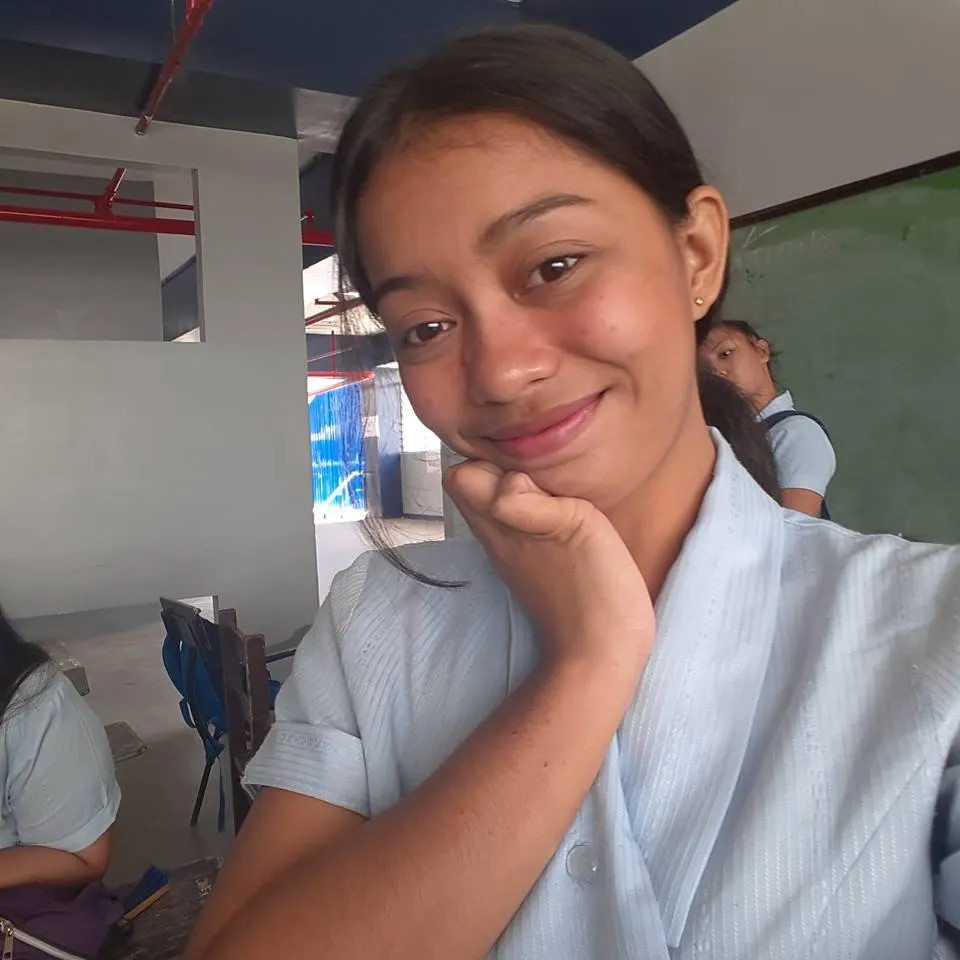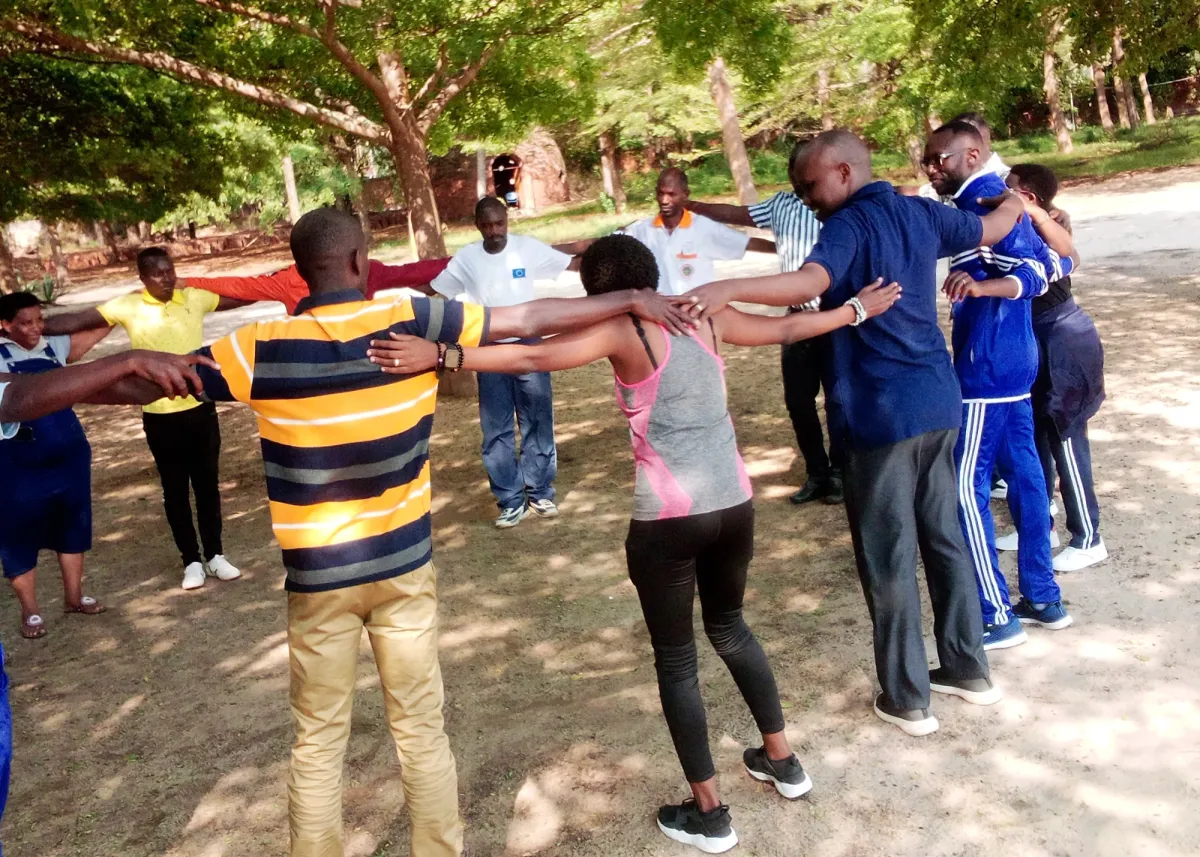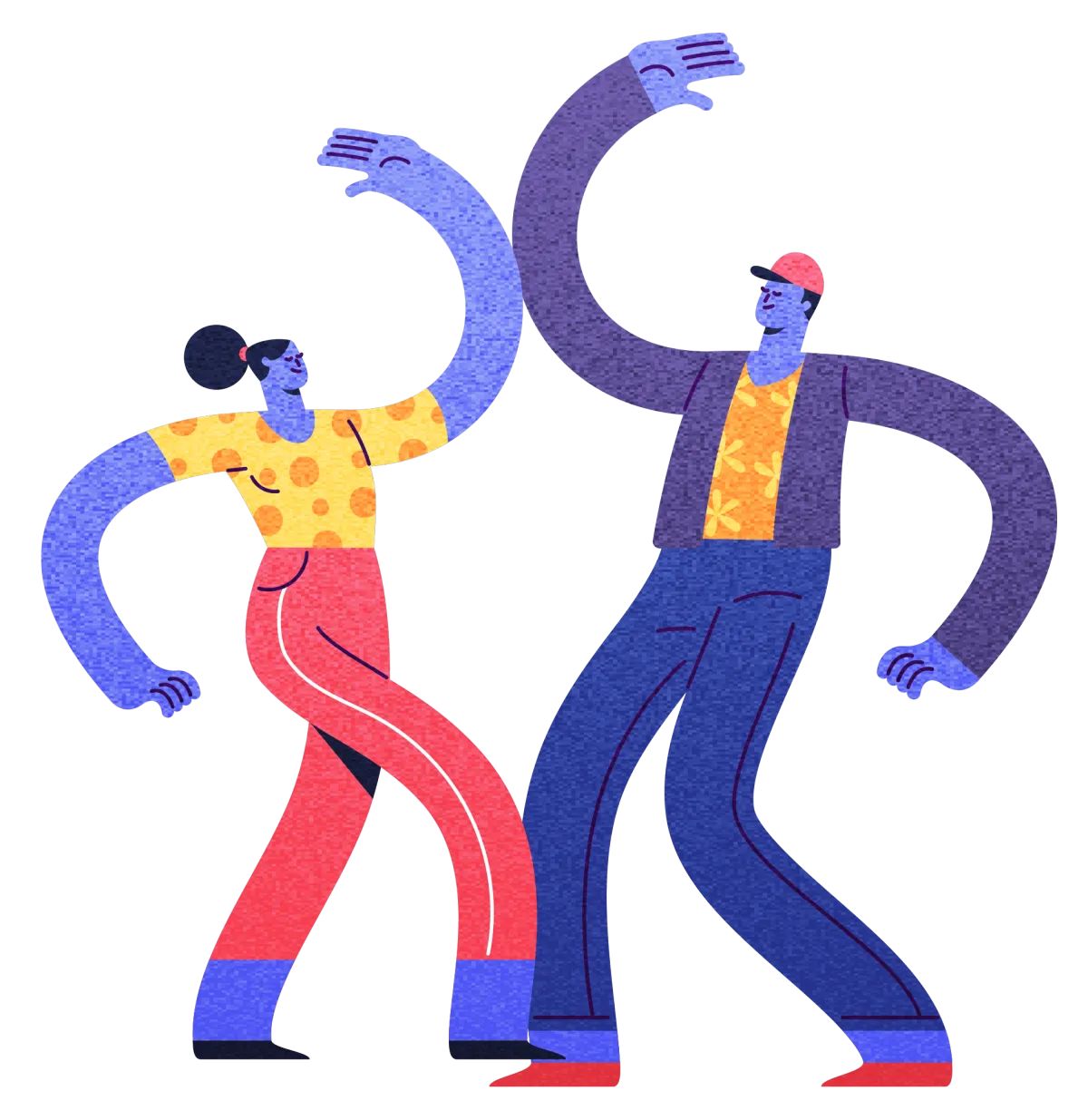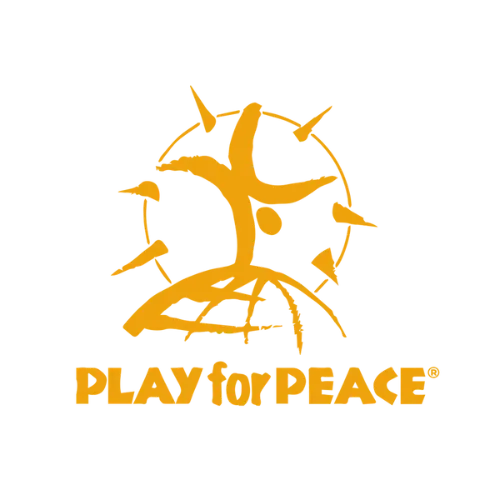Our Outcomes
Participation in Play for Peace has a profound impact on personal development, interpersonal relationships, and community cultural norms, even in some of the world’s most challenging environments. While each community is unique, we consistently achieve three key outcomes: fostering more compassionate citizens, building relationships across divides, and supporting thriving communities. We understand the impact of our programs because opportunities for feedback are deeply embedded in everything we do. In addition, we continuously refine our peace-building practices through ongoing evaluation and collaborative, multi-country research. These efforts not only strengthen the effectiveness of Play for Peace programs but also contribute to our ultimate goal of achieving lasting societal transformation.
Play for Peace fosters lasting transformation in individuals, communities, and societies.

Youth Leaders
Youth with Hope & Dedication
Tweety joined the Play for Peace in high school. As an active volunteer, she met other teens who shared the same quest to make meaningful contributions to the community. In the Philippines, communities are divided, which are most commonly related to rural areas in the U.S., and the elders have clashed with other sitios. Tweety finds that acting as one community is quite complex and that youth tend to separate themselves and connect less with others. Youth who have no healthy outlet to address these life challenges are often stricken with anxiety and depression, and those who lack a strong support system have thoughts of uselessness, hopelessness, and suicide. This is where a family—like Play for Peace—comes in, uniting youth across divides and providing joy and hope.
"Play for Peace is a family of inspiring people who see a better place through engaging in experiential learning that promotes peace through games."

99%
of youth leaders surveyed feel that Play for Peace helps them feel more moments of joy.
97%
of youth leaders surveyed feel that Play for Peace helps them feel more moments of hope.
93%
youth leaders surveyed feel that Play for Peace helps their communities to be safer.
92%
youth leaders feel that Play for Peace helps them feel they are more compassionate since joining Play for Peace.
85%
youth leaders report having made more friends from different backgrounds since joining Play for Peace.
Adult Mentors

A Mentor with a Passion for Peace
Ani, a young Tamil from Mullaitivu , Sri Lanka, was ten years old when the civil war finally ended in 2009. This war left the population traumatized and the country’s economy deeply affected. Ani has seen more death and destruction than any young boy should have to witness in a lifetime. Instead of resentment, Ani chose to become a peace builder in Sri Lanka and a mentor to a Play for Peace Club in his community. The group called “Breeze for Peace” are now organizing practice peace sessions in their community and in schools.
"It’s the youth that can change everything in the future. I see a good future for Sri Lanka. My dream is to be a peacebuilder, but before that I need to be a good Sri Lankan, without any ethnic or racist thoughts. I think peace is possible."
100%
of mentors surveyed feel that Play for Peace helps them feel more moments of joy.
100%
of mentors surveyed feel that Play for Peace helps them feel more moments of hope.
100%
of mentors surveyed feel that Play for Peace helps them feel more compassionate since joining Play for Peace.
Community Members
A Community in Healing: Burundi
Like neighboring Rwanda, Burundi has faced ethnic violence and massacres since gaining independence in 1962. Partner organization, Trauma Healing and Reconciliation Services (THARS), organized Play for Peace training workshops in reaching over 600 students. The work is carving a new path to peace by providing resources for trauma healing and reconciliation in Burundi and the African Great Lakes Region and are using Play for Peace to do it.
"We are planning to use these games in our community meetings as well as in the schools."

96%
of community members surveyed feel that Play for Peace helps them feel more moments of joy.
85%
of community members surveyed feel that Play for Peace youth leaders are productive members of their communities since joining Play for Peace.
91%
of community members surveyed feel that Play for Peace helps them feel more moments of hope.

Want To Connect With Us?
We’d love to hear from you and explore how we can make a difference together.
Designed with love by Francisco Hueyatl León. Copyright 2026. Play for Peace. All Rights Reserved. EIN 36-4254565
